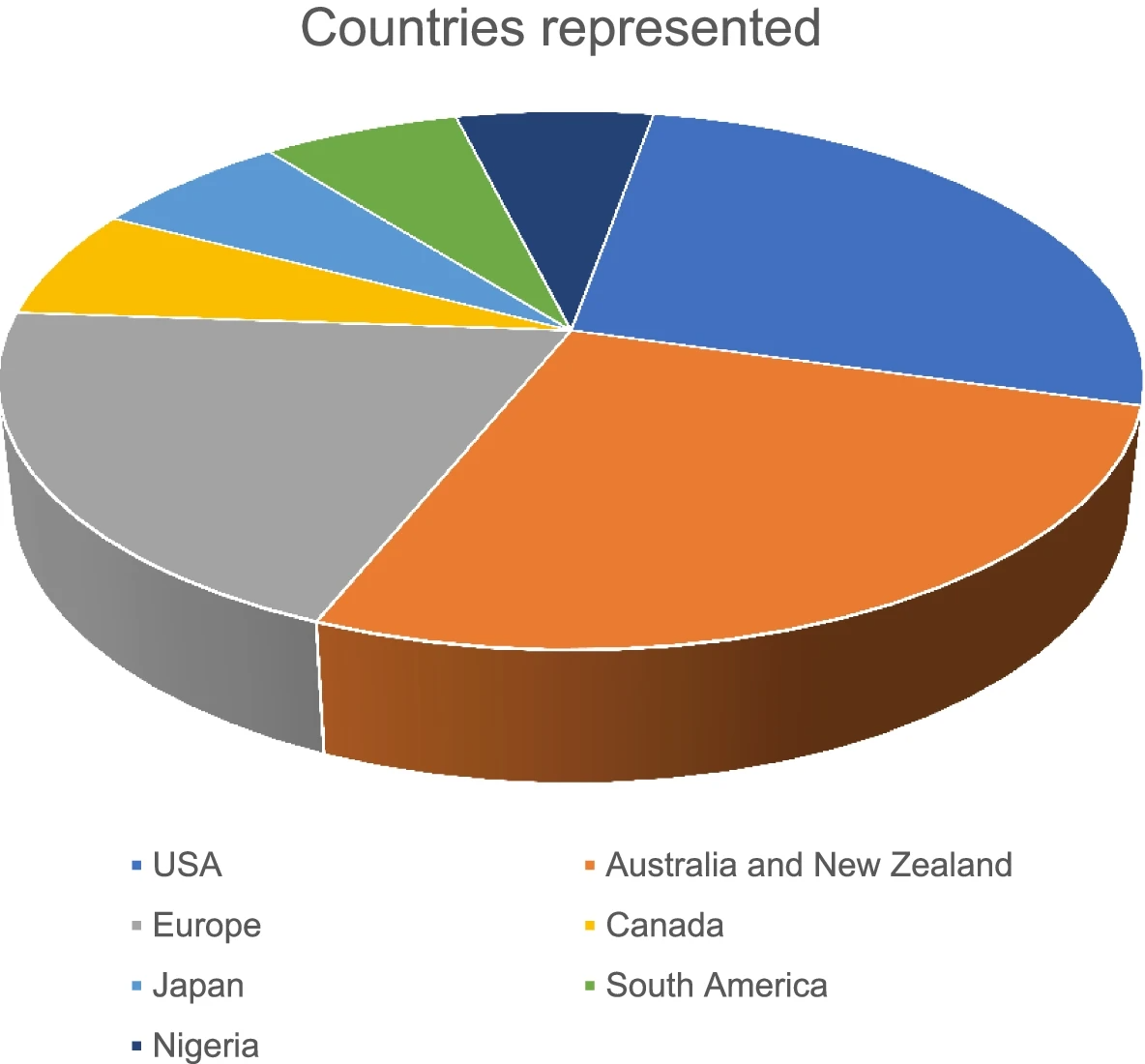Difference between revisions of "Template:Article of the week"
Shawndouglas (talk | contribs) m (Fix) |
Shawndouglas (talk | contribs) (Fix) |
||
| Line 2: | Line 2: | ||
'''"[[Journal:Introductory evidence on data management and practice systems of forensic autopsies in sudden and unnatural deaths: A scoping review|Introductory evidence on data management and practice systems of forensic autopsies in sudden and unnatural deaths: A scoping review]]"''' | '''"[[Journal:Introductory evidence on data management and practice systems of forensic autopsies in sudden and unnatural deaths: A scoping review|Introductory evidence on data management and practice systems of forensic autopsies in sudden and unnatural deaths: A scoping review]]"''' | ||
The investigation into sudden unexpected and unnatural deaths supports criminal justice, aids in litigation, and provides important information for [[public health]], including surveillance, [[epidemiology]], and prevention programs. The use of mortality data to convey trends can inform policy development and resource allocations. Hence, data practices and [[Information management|data management systems]] in [[Forensic science|forensic medicine]] are critical. This study scoped literature and described the body of knowledge on data management and practice systems in forensic medicine. Five steps of the methodological framework of Arksey and O’Malley guided this scoping review. A combination of keywords, Boolean terms, and medical subject headings was used to search [[PubMed]], EBSCOhost (CINAHL with full text and Health Sources), Cochrane Library, Scopus, Web of Science, Science Direct, WorldCat, and Google Scholar for peer review papers in English | The investigation into sudden unexpected and unnatural deaths supports criminal justice, aids in litigation, and provides important information for [[public health]], including surveillance, [[epidemiology]], and prevention programs. The use of mortality data to convey trends can inform policy development and resource allocations. Hence, data practices and [[Information management|data management systems]] in [[Forensic science|forensic medicine]] are critical. This study scoped literature and described the body of knowledge on data management and practice systems in forensic medicine. Five steps of the methodological framework of Arksey and O’Malley guided this scoping review. A combination of keywords, Boolean terms, and medical subject headings was used to search [[PubMed]], EBSCOhost (CINAHL with full text and Health Sources), Cochrane Library, Scopus, Web of Science, Science Direct, WorldCat, and Google Scholar for peer review papers in English ... ('''[[Journal:Introductory evidence on data management and practice systems of forensic autopsies in sudden and unnatural deaths: A scoping review|Full article...]]''')<br /> | ||
''Recently featured'': | ''Recently featured'': | ||
{{flowlist | | {{flowlist | | ||
Revision as of 21:14, 3 July 2023
The investigation into sudden unexpected and unnatural deaths supports criminal justice, aids in litigation, and provides important information for public health, including surveillance, epidemiology, and prevention programs. The use of mortality data to convey trends can inform policy development and resource allocations. Hence, data practices and data management systems in forensic medicine are critical. This study scoped literature and described the body of knowledge on data management and practice systems in forensic medicine. Five steps of the methodological framework of Arksey and O’Malley guided this scoping review. A combination of keywords, Boolean terms, and medical subject headings was used to search PubMed, EBSCOhost (CINAHL with full text and Health Sources), Cochrane Library, Scopus, Web of Science, Science Direct, WorldCat, and Google Scholar for peer review papers in English ... (Full article...)
Recently featured:
- From months to minutes: Creating Hyperion, a novel data management system expediting data insights for oncology research and patient care
- Health data privacy through homomorphic encryption and distributed ledger computing: An ethical-legal qualitative expert assessment study
- Avoidance of operational sampling errors in drinking water analysis










